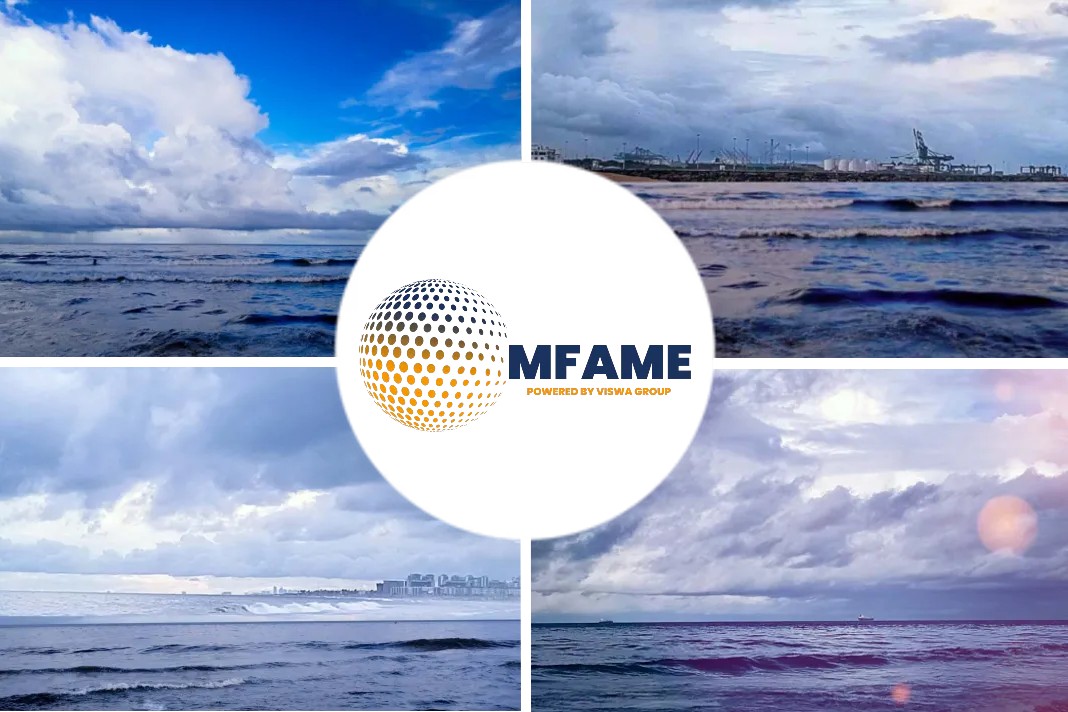
Russia pushes back at IMO over ship-to-ship transfer crackdown, statesa Lloyds List news article.
Close loopholes and boost enforcement
Regulators at the IMO urged countries to work to close loopholes and boost enforcement over unregulated transfers amid widespread safety concerns.
Flag states have been encouraged to guarantee that tankers flying their flag carry out transfers in areas authorised by port states.
RUSSIA has pushed back at the International Maritime Organization’s definition of sanctions-evading ship-to-ship transfers of Russian oil as illicit, saying it unfairly equates the activities with those involving unregulated fishing and wildlife trades.
The IMO Legal Committee’s final report discussed the growing practice of illicit, high-risk and unsafe ship-to-ship transfers, which have proliferated in international waters off Greece and Spain over the past year to transfer Russian oil cargoes.
Between 300 and 600 tankers that were defined as being part of a dark fleet or shadow fleet of ships were among those undertaking the cargo transfers in open waters to circumvent Western sanctions and high insurance costs, the committee heard, evading oversight from flag or coastal states.
300 and 400 fishing vessels and tankers
Ecuador also highlighted between 300 and 400 fishing vessels and tankers were undertaking ship-to-ship transfers close the country’s Economic Exclusive Zone which could damage sensitive areas such as the Galapagos Island if there was an oil spill.
After watching the dramatic expansion of tankers circumventing or breaching sanctions and international conventions, regulators are now debating at the IMO how best to close the loopholes and boost enforcement amid widespread safety concerns.
However the Russian delegation to the committee underscored the sensitivities surrounding the practice, saying targeting those ship-to-ship transfers in an international forum and identifying its oil carried on tankers this way was an abuse of sanctions and restricted the actions of other countries.
“We here at the International Maritime Organization do not have any international document which relates to the evasion of sanctions as an illicit activity alongside the unreported and unregulated fishing and wildlife trade and other similar activities,” the Russian delegate told the meeting.
Wording was amended in the final report so that the two practices were mentioned separately.
Flag states have been urged to guarantee that tankers flying their flag carry out transfers in areas authorised by port states.
Fleet of over 450 tankers
The discussion about the fleet of over 450 tankers now plying sanctioned Russian, Iranian and Venezuelan trades dominated the agenda this week, alongside concerns about the abuse of the IMO vessel and company identification numbering scheme.
A study group established last year examined the prevalence of fraudulent registration and false flagging of ships but an interim survey to better determine how widespread practices reported a very low response rate.
The crossover between dark shipping fleet activity and fraudulent and false flags and registrations has alarmed regulators amid vessel identify-laundering scams that have seen the IMO tricked into wrongly assigning numbers.
There was support to establish a dedicated database of known fraudulent ships and companies and to focus processes to validate certificates, while promoting their electronic issuance. A report into how best to proceed was agreed with a target date of 2025.
This would also define the levels of due diligence required to avoid fraudulent registration of ships and companies, as well study the link between substandard recognised organisations.
Did you subscribe to our daily Newsletter?
It’s Free! Click here to Subscribe
Source: Lloyds List























